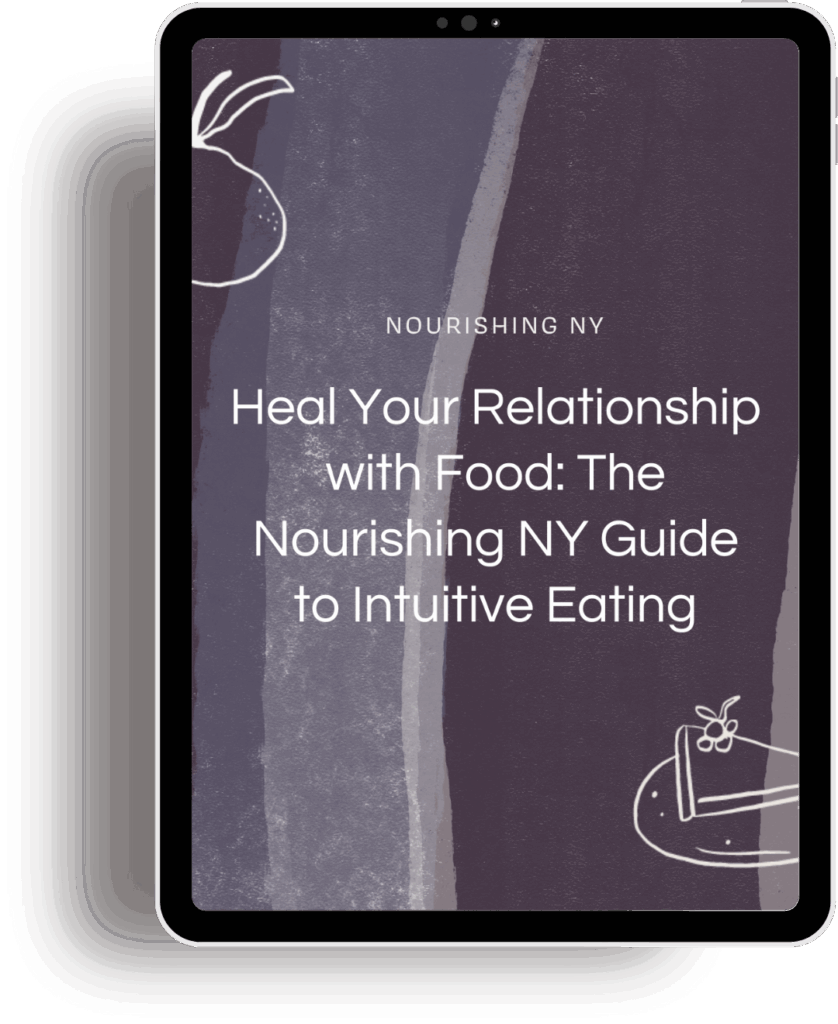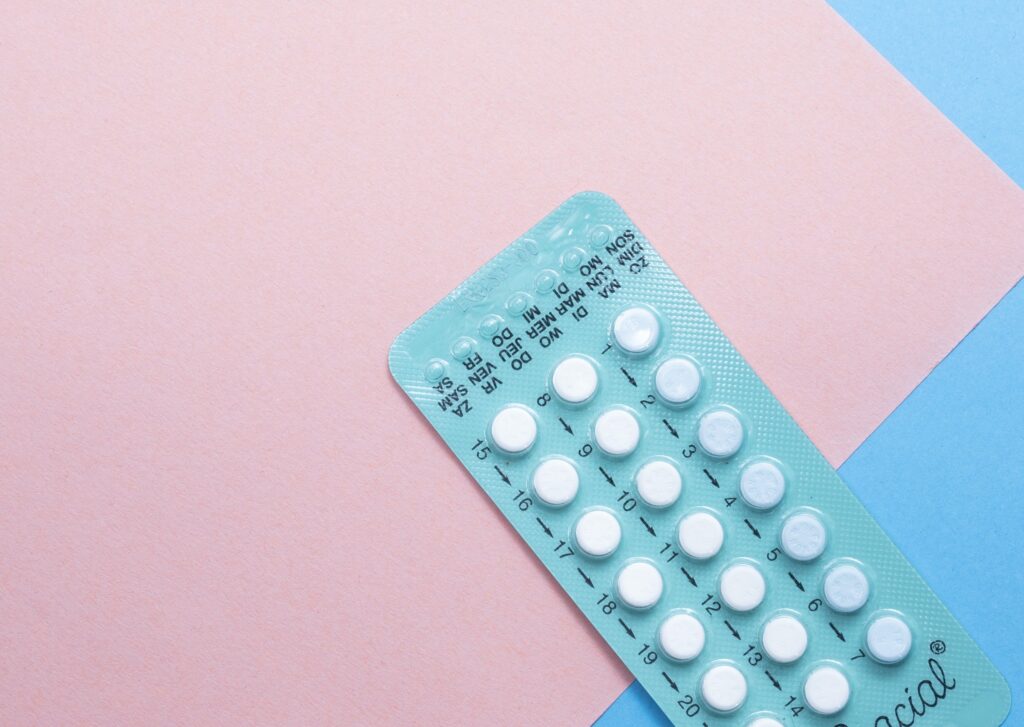Polycystic ovarian syndrome (PCOS) is a condition in which a woman’s hormones are out of balance. This condition is most common amongst women of reproductive ages. Women with PCOS may experience high levels of androgens (male hormones: testosterone and androstenedione), disruption of normal ovulation, and enlarged ovaries with multiple cysts. Menstrual irregularities may occur because the ovaries can develop small collections of fluid called follicles, which prevents eggs from being released.
Some symptoms of PCOS:
Other signs and symptoms of PCOS include acne, abnormal distribution of hair growth, hair loss, weight changes, infertility, trouble sleeping, mood disorders, and insulin resistance. An official diagnosis of PCOS is established when a woman experiences two of these three signs: irregular periods, excess androgens (male hormones), or polycystic ovaries.
There is no known direct cause of PCOS.
However, there are several factors that may play a role in developing this syndrome. This includes having excess insulin and excess androgen. Another factor is low-grade inflammation, which is when a steady, low level of inflammation is present throughout the body. Just as in other diseases, heredity influences your chances of developing PCOS.
What you can do:
First and foremost, reaching out to a registered dietitian or PCOS specialist can help answer many of your questions and aid you in recovery. A professional can offer you some tips to reduce or alleviate your symptoms. For example, consuming regular meals and snacks can help maintain insulin levels, normalize hormone levels, and reduce inflammation. Furthermore, adding a little extra protein helps some people feel better, but make sure not to cut out other food groups. Lastly, engaging in physical activity can help maintain insulin sensitivity. Explore different types of exercises to discover which kinds work best for you because everyone is different.
Remember: no one is to blame!
You may be tempted to fault yourself for your diagnosis, so you should always remember: there is no one to blame. Health is complex and is influenced by many factors, and not all factors are within your control. In addition to food intake and physical activity, your health is influenced by the environment, genetics, type of medical care, and social circumstances. Be kind to yourself and to your body just as you would be to anyone else’s.
Sources:
“Polycystic ovary syndrome (PCOS).” Mayo Clinic. https://www.mayoclinic.org/diseases-conditions/pcos/symptoms-causes/syc-20353439. Accessed 11 January 2022.
Izer, Emily, et al. (2019). “PCOS (Polycystic Ovarian Syndrome).” Creating Peace With Food LLC. https://creatingpeacewithfood.com/wp-content/uploads/2019/05/HAES-MNT-handout_PCOS.pdf. Accessed 11 January 2022.



